Self Storage Sector Shows Signs of Resilience
While national street rates fell compared to July 2019, rate performance was positive for the standard climate and non-climate-controlled units on a month-over-month basis.
The pandemic’s substantial effects continued to burden the U.S. economy and all the facets of commercial real estate, yet the self storage sector proved to be resilient in July. Although on a year-over-year basis, street-rate rents declined 2.6 percent for the average 10×10 non-climate-controlled and 5.2 percent for climate-controlled units of similar size, self storage rents have significantly improved month-over-month. Street rates for 10×10 climate-controlled units saw the greatest month-over-month increase of the past four years, up 1.6 percent, while street rates for non-climate-controlled units grew by 1 percent.
Thanks to its robust industrial market, the Inland Empire’s storage market held up well during the pandemic. On a month-over-month basis, street-rate rents rose 2.7 percent for the standard 10×10 non-climate-controlled and 2.1 percent for climate-controlled units of similar size. The Inland Empire was also the only top market that saw year-over-year rate growth for non-climate-controlled units (up 0.9 percent). Street rates for climate-controlled units, however, slid 2.7 percent compared to July 2019.
Across the country, projects under construction or in the planning stages accounted for 8.9 percent of total inventory, up 20 basis points over the previous month. Disruptions caused by the coronavirus outbreak are beginning to be seen in the new-supply pipeline, as 31 storage projects were abandoned in July, a 182 percent increase over the 11 facilities dropped in July 2019.
Boston was one of the first metros to shut down its construction sites due to the coronavirus outbreak and halted all non-essential developments from mid-March until the end of June. As a result, the metro had the highest number of abandoned projects in July, with eight projects removed from its development pipeline.
Read the full Yardi Matrix report.

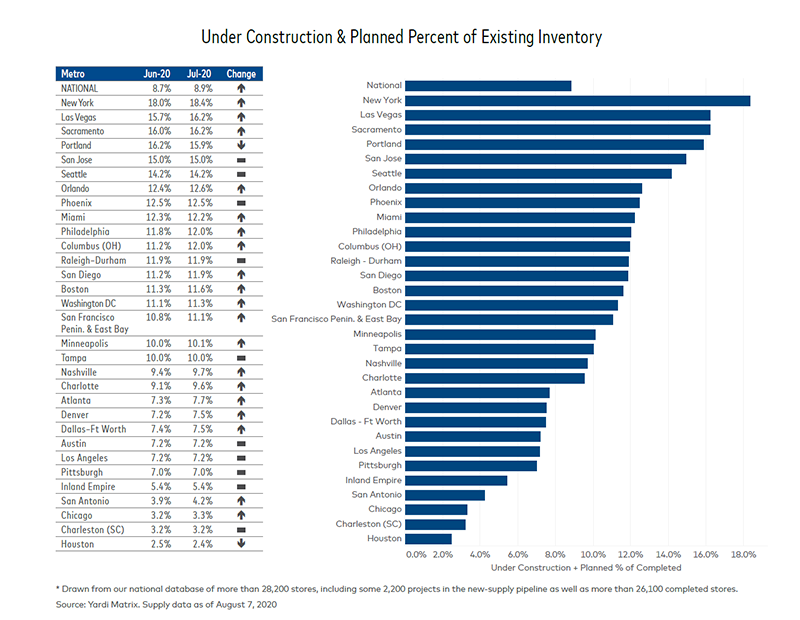

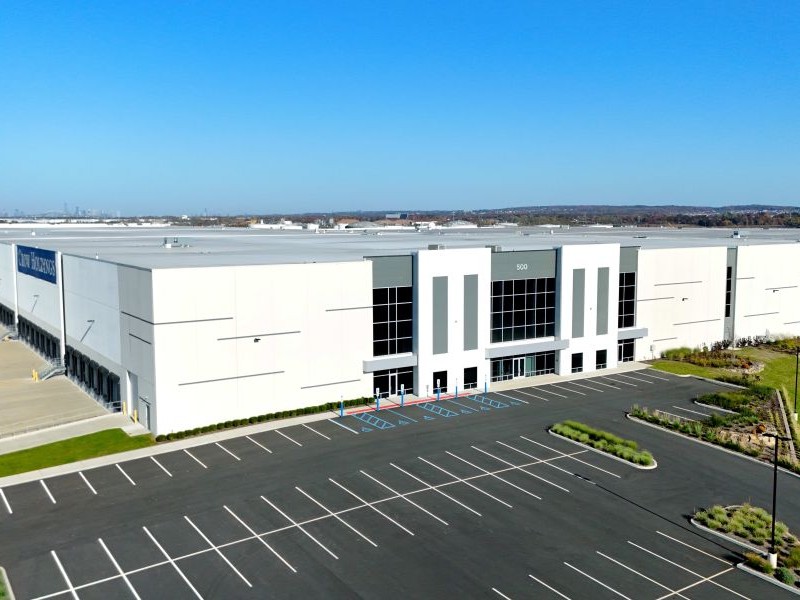

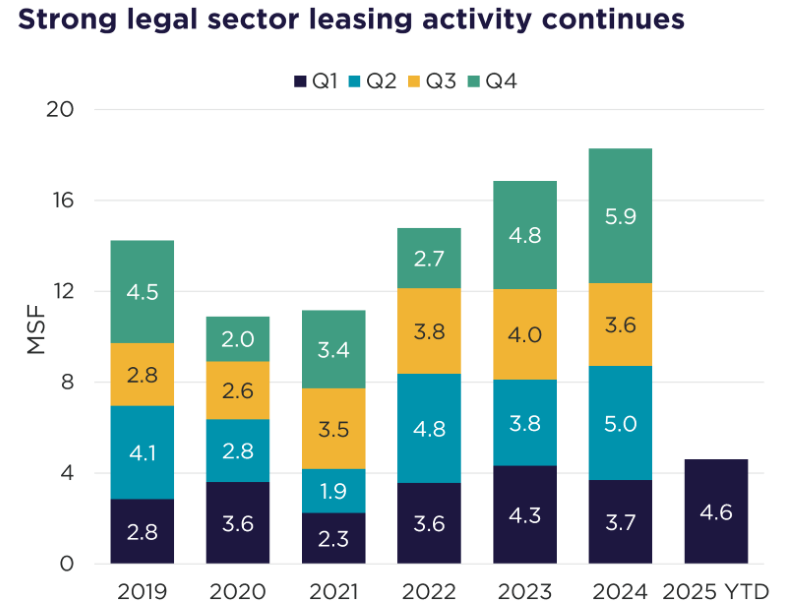
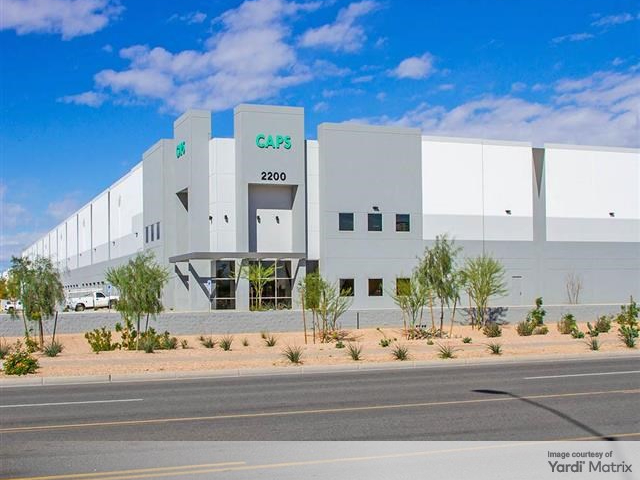
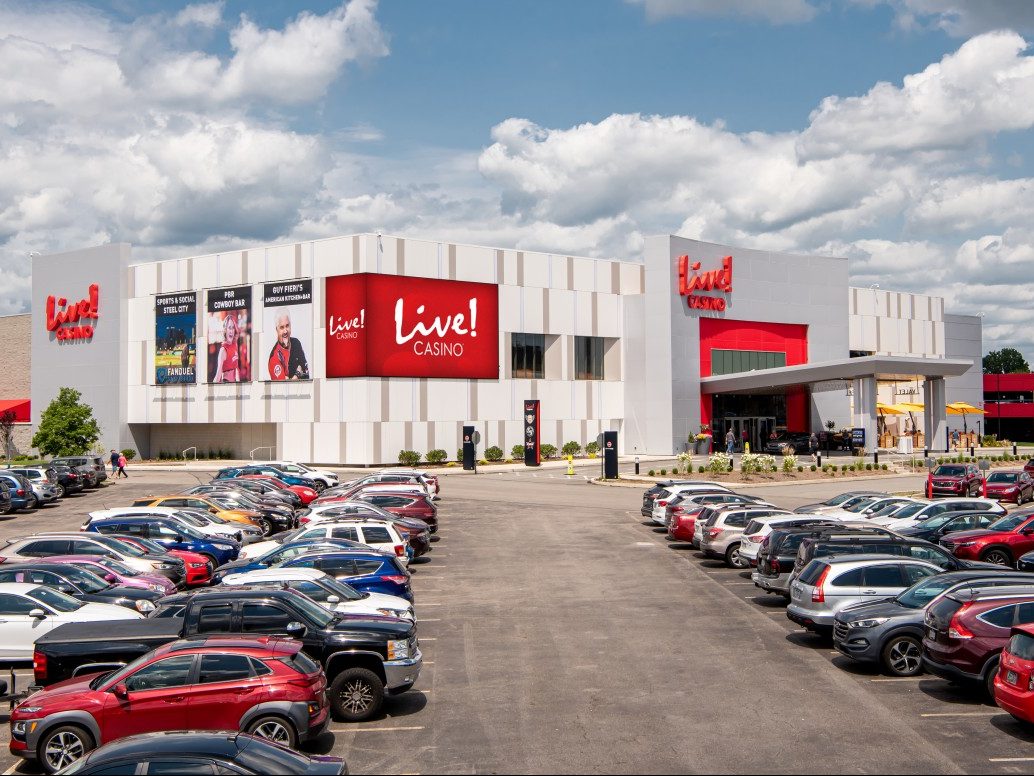
You must be logged in to post a comment.